Last Updated on September 6, 2024 by Cathy
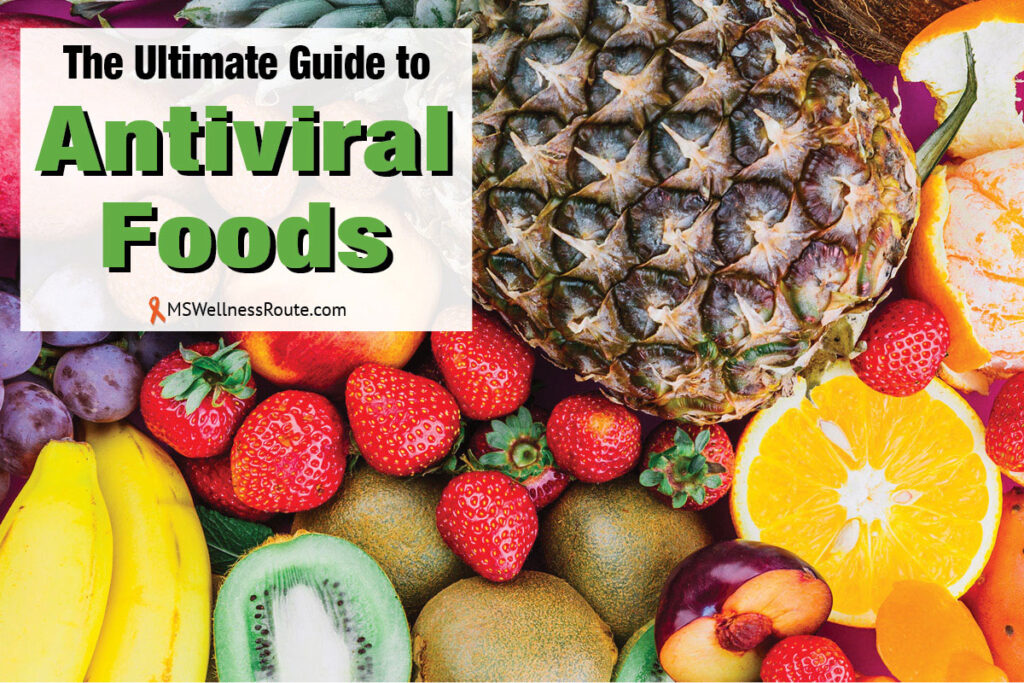
Six out of every ten adults in the United States has at least one chronic disease such as multiple sclerosis (MS). Chronic diseases are among the leading causes of death globally. Thanks to the Western diet, it contributes to the development of many of these diseases.
It contains abundant animal protein, artificial components, fat, additives, processed oils, and sugar. Plus, it’s low in antioxidants, fiber, phytonutrients, minerals, and vitamins. Everything your body needs to fight off infections and diseases.
A 20-year study stated the main cause of MS was due to the Epstein-Barr virus (EBV). Which means the cause of MS is due to a viral infection. However, EBV is not the only factor. There are many factors such as:
- Poor Diet
- Infections (bacteria, parasites, viruses, and yeast overgrowth)
- Environmental toxins (heavy metals, mold, pesticides, etc.)
- Chronic stress
- Hormones (adrenaline, cortisol, etc.)
Keep reading to get a free ebook and get your life back: The Ultimate Guide to Surviving & Thriving with MS
Eating a healthy diet can prevent many of these chronic diseases. Having MS puts a person at a higher risk for other chronic diseases such as:
- Cardiovascular disease (heart attack and stroke)
- Gastrointestinal (GI) issues such as constipation
- High blood pressure
- Osteoporosis and osteopenia
- Urinary tract infections (UTIs)
Plus, studies found obesity at the onset of MS can cause faster disability.
Eat The Right Foods
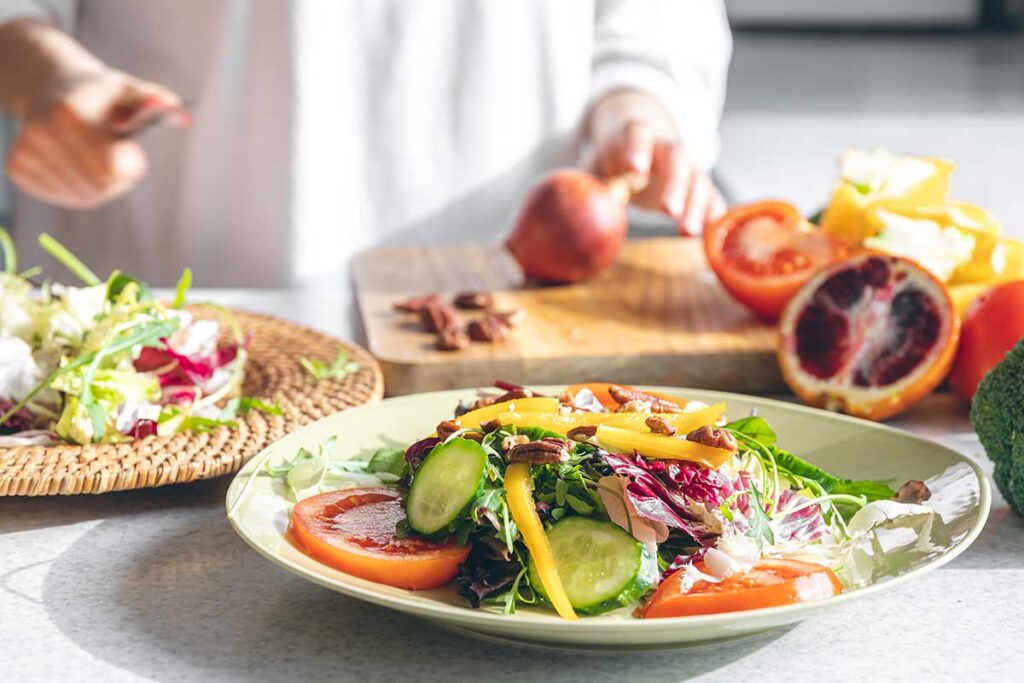
Image by pvproductions on Freepik
Eating the right foods can protect you from these diseases and reverse MS. I’m talking about plant-based foods. They reduce inflammation, strengthen the immune system, increase detoxification, and fight off viruses.
Plant foods are what’s going to help your body heal. Sure, grass-fed meat is better than conventional meat but it’s plant foods that are healing. The foods that will help your body heal include fruits, leafy greens, vegetables, herbs, nuts, seeds, and healthy oils.
Foods to avoid include:
- Dairy
- Gluten
- Refined sugar
- Artificial flavors and sweeteners
- Natural flavors
- Corn (it’s mostly a GMO)
- Soy (it’s mostly a GMO)
- MSG
- Canola oil (it’s mostly a GMO)
- Pork (it’s high in fat and prone to parasites)
- Farmed fish (it’s washed in toxic chemicals due to parasites)
- Citric acid (processed citric acid is mostly derived from corn)
Grains and Legumes
People on a plant-based diet include grains and legumes. But, gluten (found in wheat, barley, rye, and spelt) is a protein found in many grains. This protein creates inflammation in the intestinal tract making it hard for your body to heal. Avoid all grains containing gluten.
While you are trying to heal it’s also best to avoid gluten-free grains such as millet and quinoa. Gluten-free grains can get contaminated during processing. It’s not that they are bad for you, it’s just a good idea to avoid them so your body can heal faster. Once you’ve healed you can gluten-free grains back into your diet. Avoid corn (a grain) since it is mostly a GMO.
Legumes like beans, lentils, and chickpeas are healthy but they are not health-supporting foods. Eating them once in a while won’t hurt you but eating them often won’t help your body heal. Avoid soy (a legume) since it is mostly a GMO.
Fruits, Vegetables, and Herbs
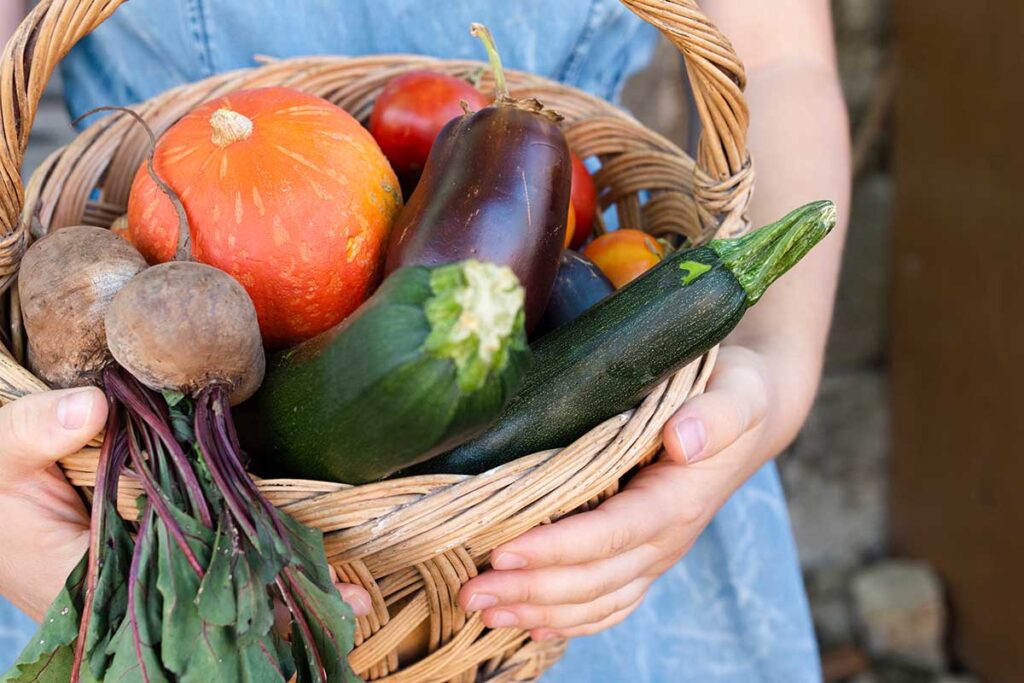
Image by Freepik
A diet high in fruits, vegetables, and herbs creates optimal health and fights viruses. Dr. Terry Wahls recommends eating nine cups of vegetables including one cup of fruit each day. It sounds like a lot but once you get started it is easy to do.
Peanuts are also a legume, they are a high-allergen food so you need to avoid it while you are healing. Eggs are not on a plant-based diet but if you do eat eggs they are also a high-allergen food. Sometimes a person may not realize they are sensitive to eggs. It’s best to avoid eggs while you are trying to heal.
Here’s a daily menu sample:
- Breakfast: smoothie check out my delicious Strep Detox Smoothie
- Snack: pear
- Lunch: a giant salad with leafy greens, vegetables, sprouts, seeds, and herbs
- Snack: papaya
- Dinner: an assortment of mixed vegetables, add herbs, raw honey, or maple syrup to add sweetness
- Snack: banana cherry nice cream
Throughout the day drink plenty of filtered water. Add lemon or lime juice, berries, cucumber slices, or mint for flavor. Drink an extra smoothie, or juice, or sip on herbal tea or homemade vegetable broth.
Homemade vegetable broth recipe:
- 4 carrots, chopped
- 2 stalks of celery, chopped
- 1 onion, sliced
- 1 cup parsley, finely chopped
- 4-5 cloves of garlic, minced
- 1 inch of fresh ginger root
- 1 inch of fresh turmeric root
- 8 cups of filtered water
Directions:
Place all the ingredients in a pot and bring to a boil. Once it begins to boil turn the heat down to low and allow to simmer for about an hour. Then you can make soup or strain it and enjoy it as a drink.
Enjoy Fruit

Image by Freepik
Don’t be afraid of eating fruit. I avoided most fruits for over eight years because I thought they spiked my blood sugar. Fruit does not spike your blood sugar due to its high fiber content. They are a delicious source of antioxidants, enzymes, fiber, probiotics, vitamins, and minerals. Fruit is healing.
Wild blueberries are especially beneficial for people with MS. They have two times more antioxidants compared to cultivated blueberries. Plus, they are good for your brain health. Eat wild blueberries every day as a treat or add them to your smoothies or recipes.
To learn more about wild blueberries read Power Up Against MS With Wild Blueberries
Apples are high in antioxidants, fiber, and phytonutrients. Studies found apples with the peel boost brain function by producing new brain cells. Eat one or more apples each add, eat them alone, or add them to your smoothie or recipes.
Antiviral Foods
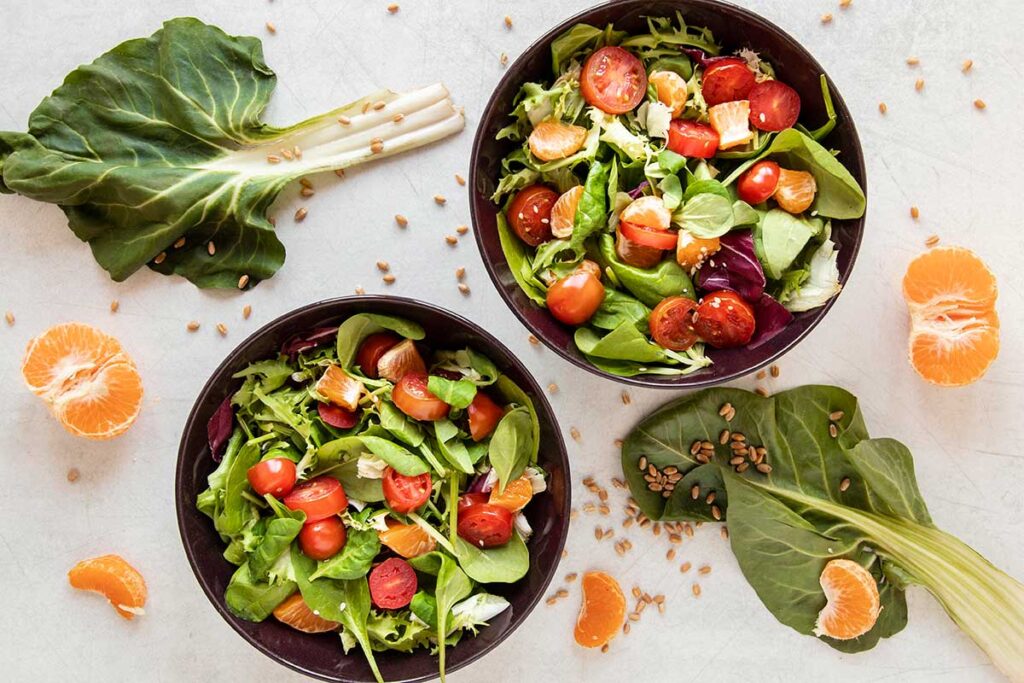
Image by Freepik
Eating a healthy diet that includes antiviral foods can help boost your immunity and combat EBV and other viruses. Foods rich in vitamins and nutrients like antioxidants (found in berries and leafy greens), vitamin C (citrus fruits, strawberries, and bell peppers), vitamin D (fatty fish), and zinc (nuts and seeds) help support your immune system.
Remember to drink LOTS of filtered water. Water keeps you hydrated and helps flush out toxins. Try adding different flavors to your water like berries, cucumber, mango, herbs like mint or thyme, or fresh squeezed lemon or lime juice (lemon and lime juice are electrolytes).
To get rid of EBV and other viruses you need to create an environment where it can’t survive. That means, eating lots of fruits, vegetables, and herbs that fight viruses.
- Bananas
- Berries
- Cherries
- Cinnamon
- Citrus fruits
- Coconut oil
- Dates
- Garlic
- Ginger
- Kale
- Leafy greens
- Lemon
- Lemon balm
- Mangoes
- Melons
- Oregano
- Papaya
- Raw honey
- Sprouts
- Turmeric
- Wild blueberries
Antiviral Supplements
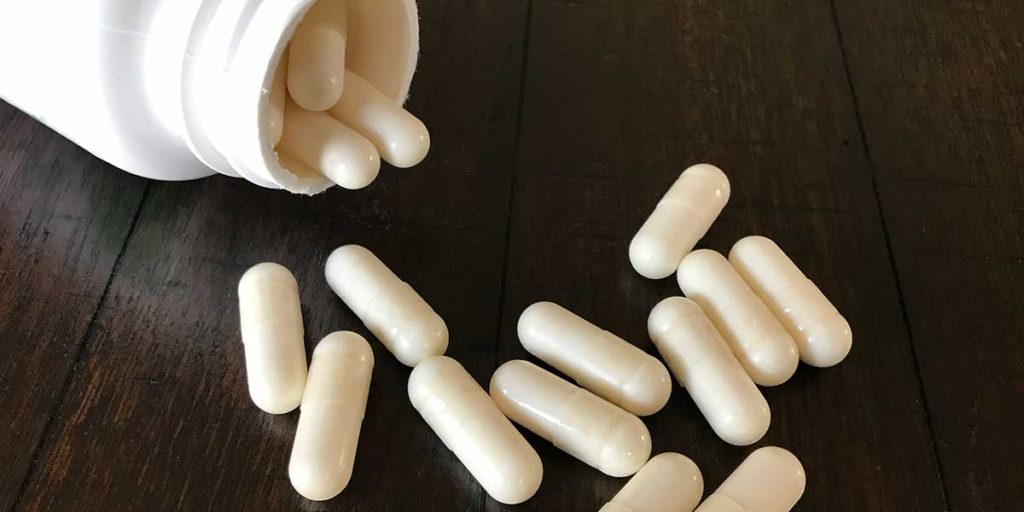
Besides antiviral foods there are antiviral supplements you can also take. Antiviral supplements are natural products that support the immune system and help fend off viruses like EBV. These supplements typically contain a variety of vitamins, minerals, herbs, and other compounds that possess antiviral properties.
Always consult your healthcare practitioner before starting a new supplement. Supplements can sometimes interfere with certain medications. When choosing a supplement avoid any capsules, liquids, or powders that include dairy (including whey), gluten, alcohol, citric acid (processed citric acid is mostly derived from corn – a GMO), natural flavors, or preservatives.
Supplements that are helpful include:
- Berberine
- Cat’s claw
- Curcumin
- Echinacea
- L-Lysine
- Licorice root
- Mullein leaf
- Spirulina
- Vitamin B12
- Vitamin C
- Zinc
Incorporate These Antiviral Foods for a Healthier You
Adding antiviral foods to your diet can be a delicious way to boost your immune system. A colorful plate filled with antiviral foods like citrus fruits, garlic, and ginger – it’s like a superhero team for your health! Spice up your meals and your health with herbs like oregano and thyme, known for their antiviral properties.
Besides food, get plenty of sleep, exercise, reduce stress, and stay hydrated. Most of all, believe you will heal!

The Ultimate Guide to Surviving & Thriving with MS
Unlock the power of a healthy lifestyle with this exclusive ebook! Discover practical strategies and expert advice on managing MS naturally through nutritious eating and mindful living. This comprehensive guide is packed with wellness tips, and lifestyle recommendations tailored specifically for you. Take control of your health and embark on a transformative journey toward a balanced and vibrant life. Get your hands on this invaluable resource and start thriving today!
Want to remember this health tip? Pin it to your Pinterest board!
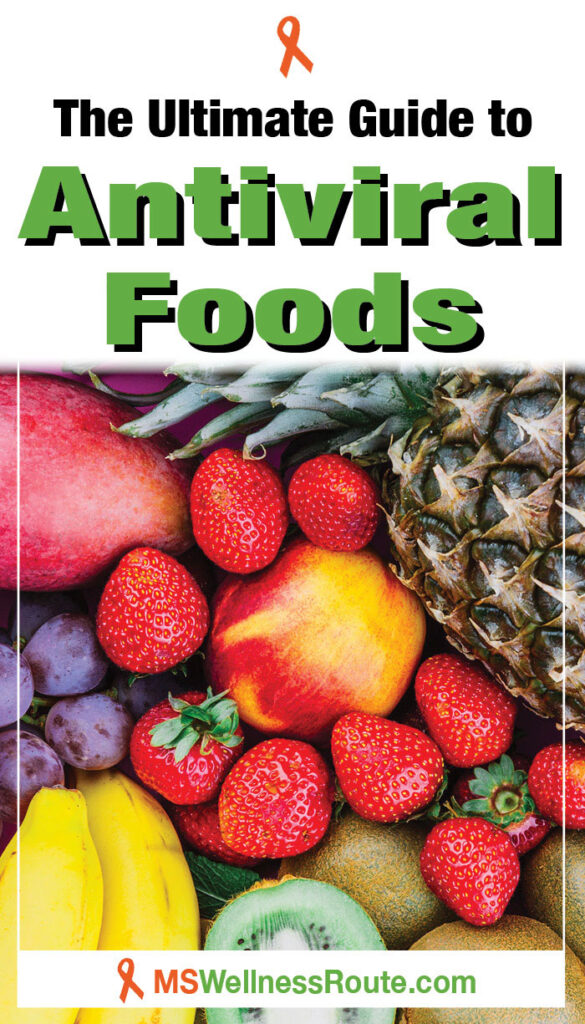
Resources:
https://www.medindia.net/news/view_news_main.asp?x=15273
The Ultimate Guide to Antiviral Foods





